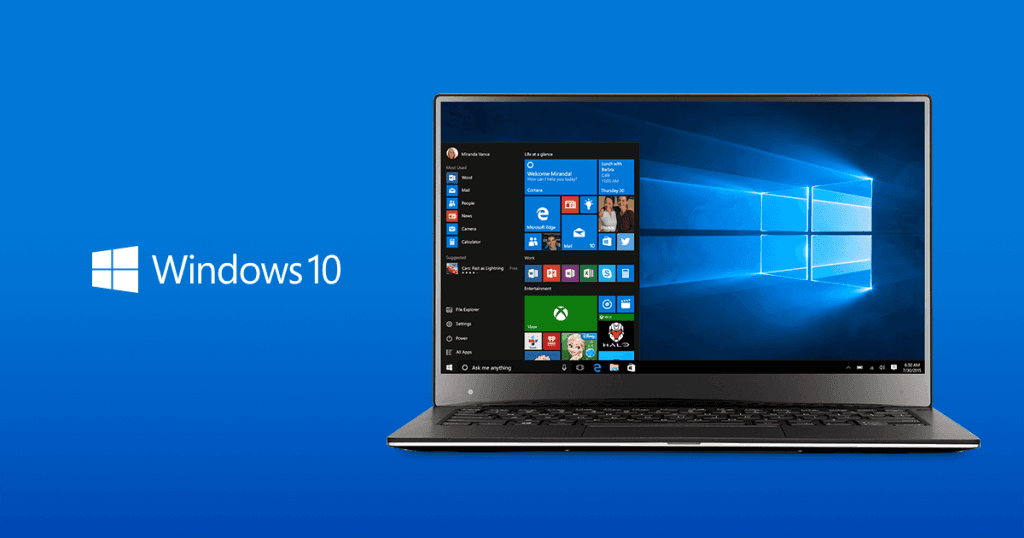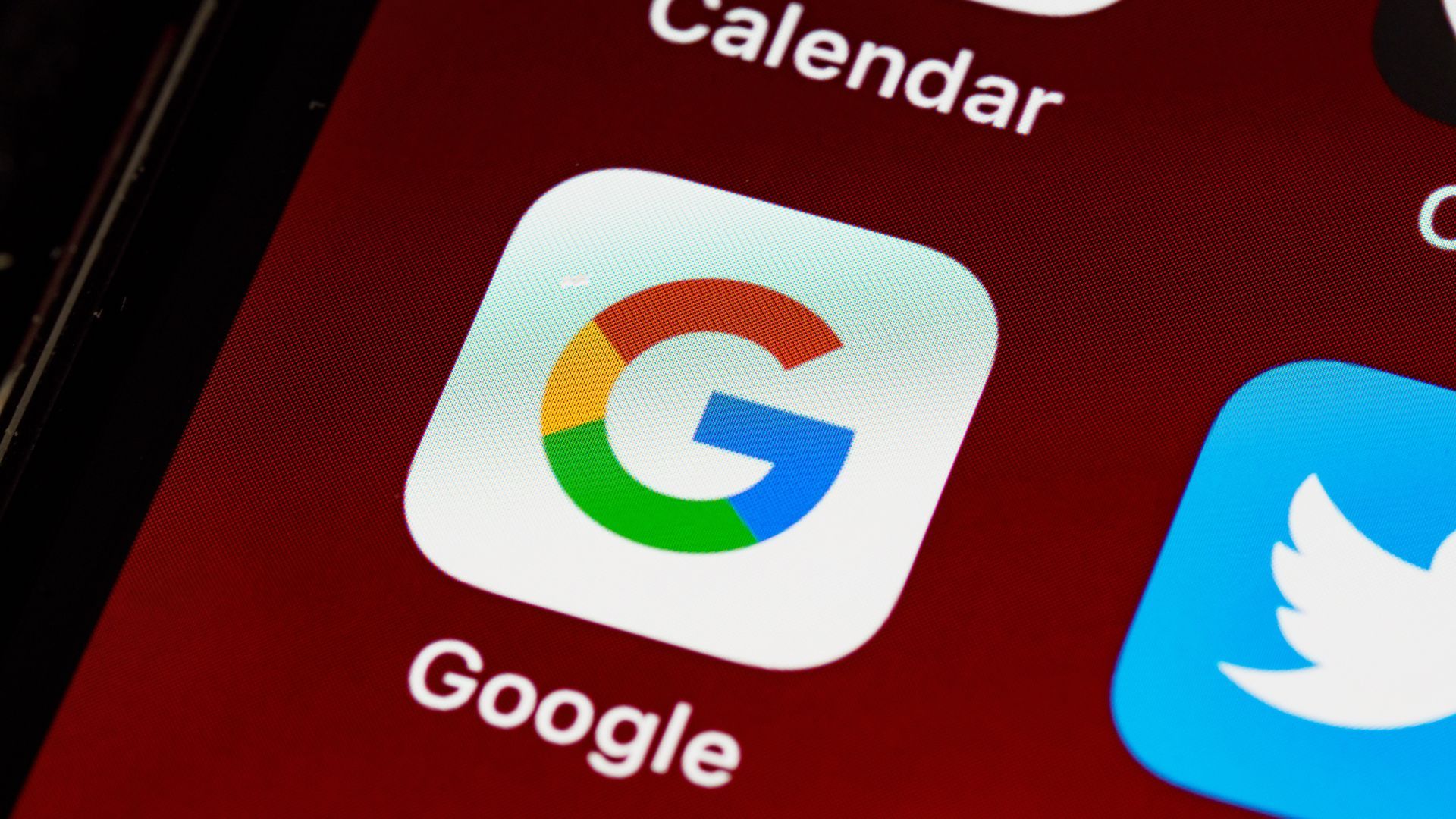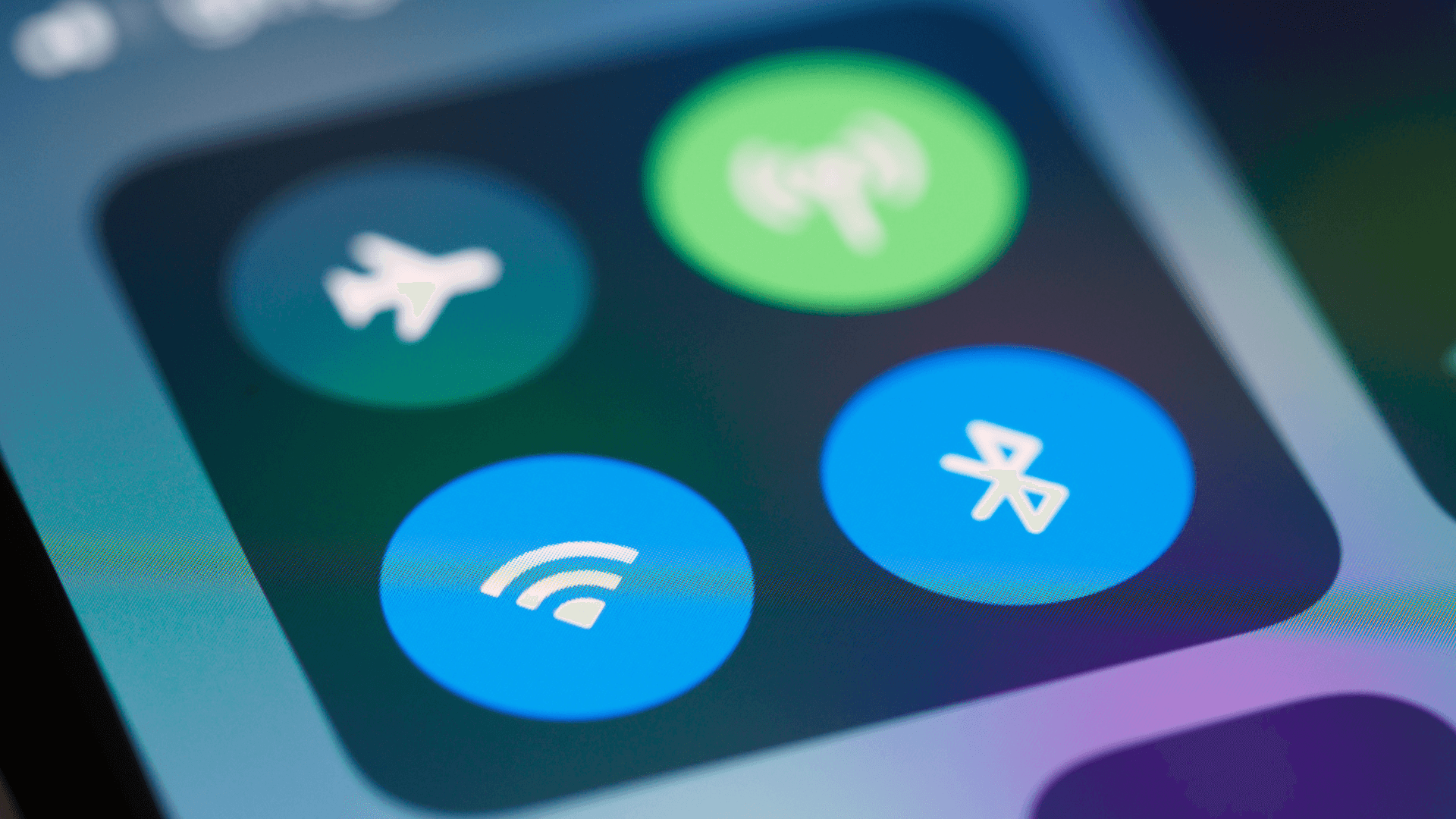While these tools offer legitimate uses in content creation and accessibility, they also raise serious concerns about privacy and security. Here are the key voice cloning applications currently available, along with the evidence of their capabilities and potential risks.
1. ElevenLabs
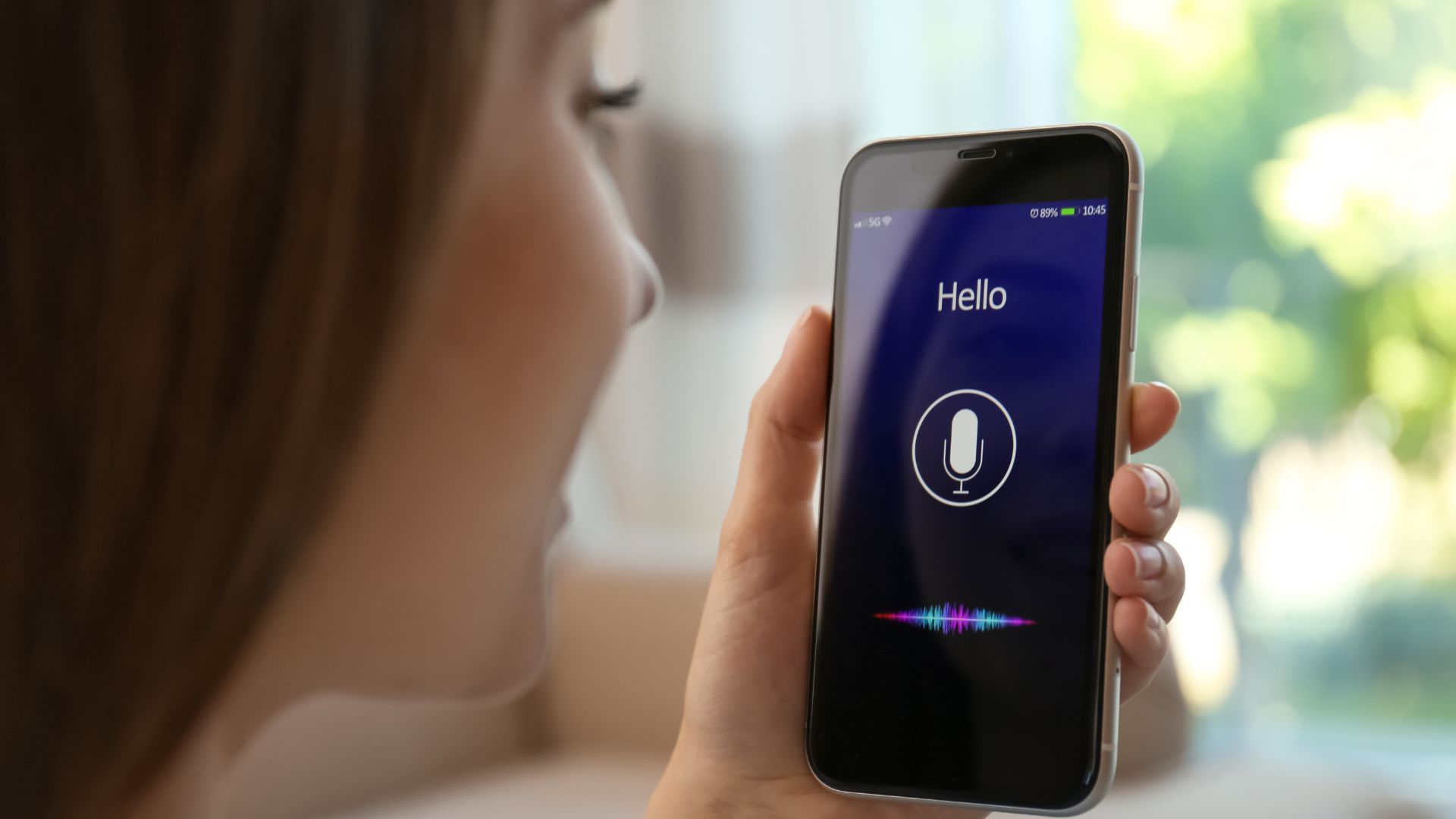
While these tools offer legitimate uses in content creation and accessibility, they also raise serious concerns about privacy and security.
ElevenLabs stands as the most prominent player in the voice cloning industry, offering both consumer and professional-grade voice synthesis capabilities.
Evidence: Multiple sources confirm ElevenLabs' widespread adoption. The research shows it being used in educational applications, with one source noting "Voice Cloning technology like that offered by 11labs has been in the headlines quite a bit in the past few months." Security researchers have documented its use in cybercrime, with SoSafe reporting that "They are now using platforms like ElevenLabs to enhance their cybercrime tactics." Personal testing documented in the research shows users can create voice clones using just a 5-minute audio sample.
ElevenLabs' accessibility and quality make it a preferred tool for both legitimate users and bad actors. The platform requires users to agree to terms stating they have "all necessary rights or consents to upload and clone these voice samples," but enforcement relies primarily on self-reporting.
Users should be aware that any publicly available audio of their voice could potentially be used to create clones on this platform. Consider limiting the amount of high-quality audio recordings you share publicly.
2. Descript
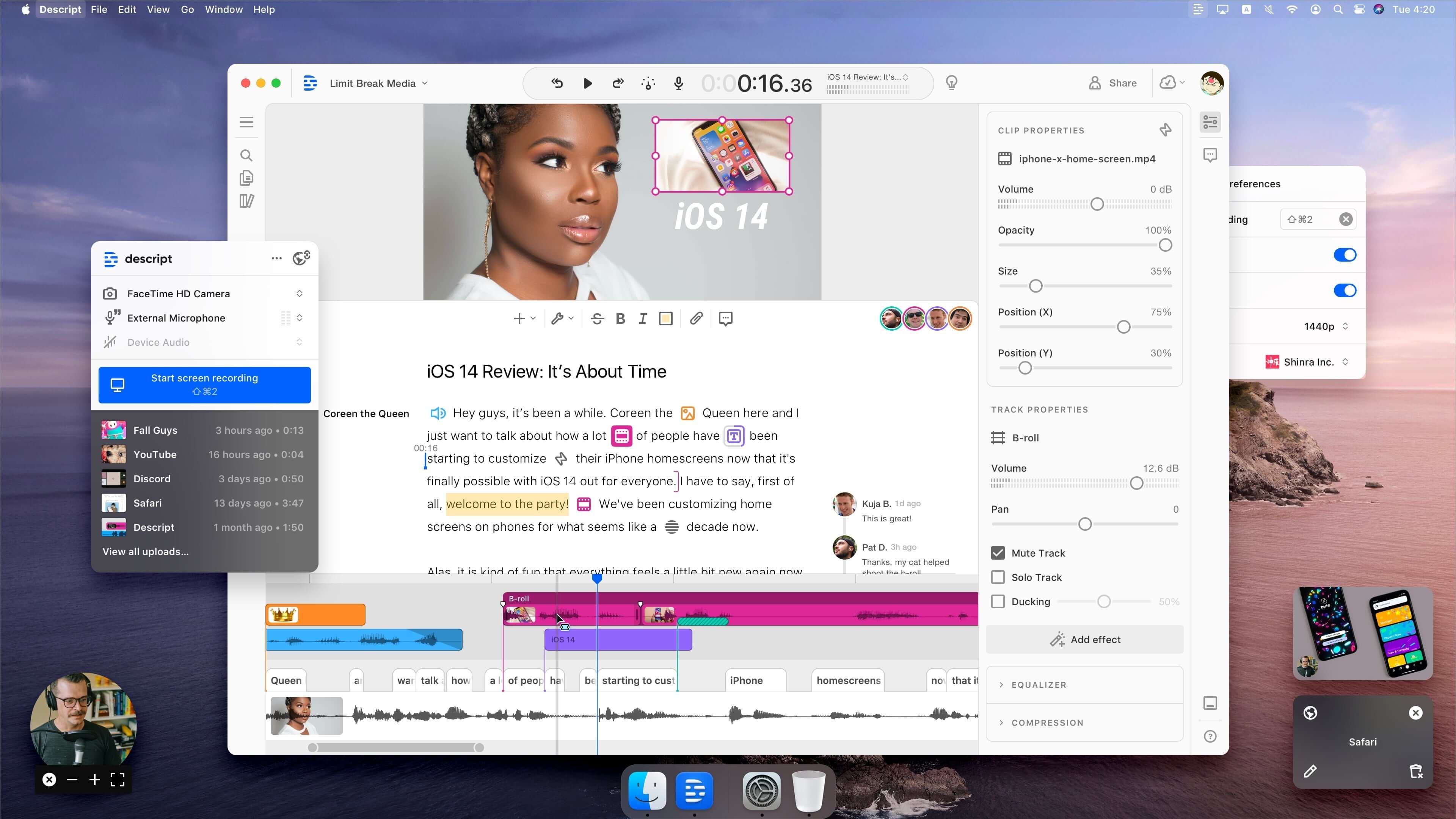
Descript offers voice cloning as part of its comprehensive video and audio editing suite, integrating the technology into existing creative workflows.
Evidence: According to a detailed comparison review, Descript was tested alongside other major platforms and received positive ratings from evaluators. The review notes that "Creating my first voice involved a learning curve" but praised its integration with editing tools.
Descript's integration into professional editing workflows means voice cloning becomes a routine part of content creation, potentially normalizing the technology. The platform's editing capabilities could make it easier to create sophisticated deepfake content.
Content creators should implement clear disclosure policies when using voice cloning technology and consider watermarking synthetic content.
3. Play.ht
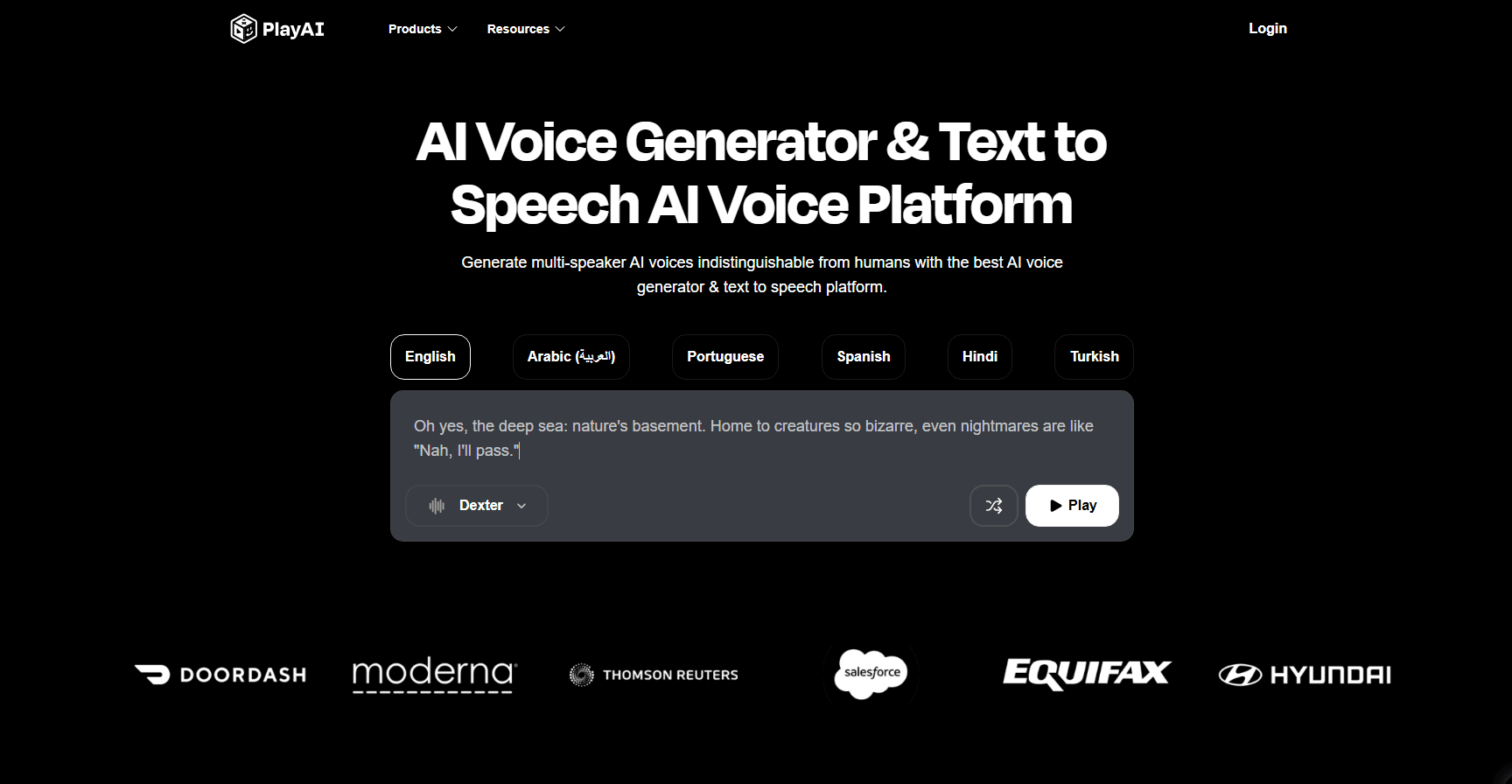
Play.ht positions itself as a professional text-to-speech platform with voice cloning capabilities, targeting business and content creation markets.
Evidence: Testing documented in the research showed mixed results for Play.ht, with evaluators noting issues with pacing and pronunciation. However, it was still included among viable options.
Professional positioning and commercial licensing may lower barriers for business adoption of voice cloning technology. The platform's focus on commercial use cases could accelerate mainstream acceptance.
Organizations should establish clear policies around voice cloning use and ensure proper consent from individuals whose voices may be cloned.
4. Voice.ai
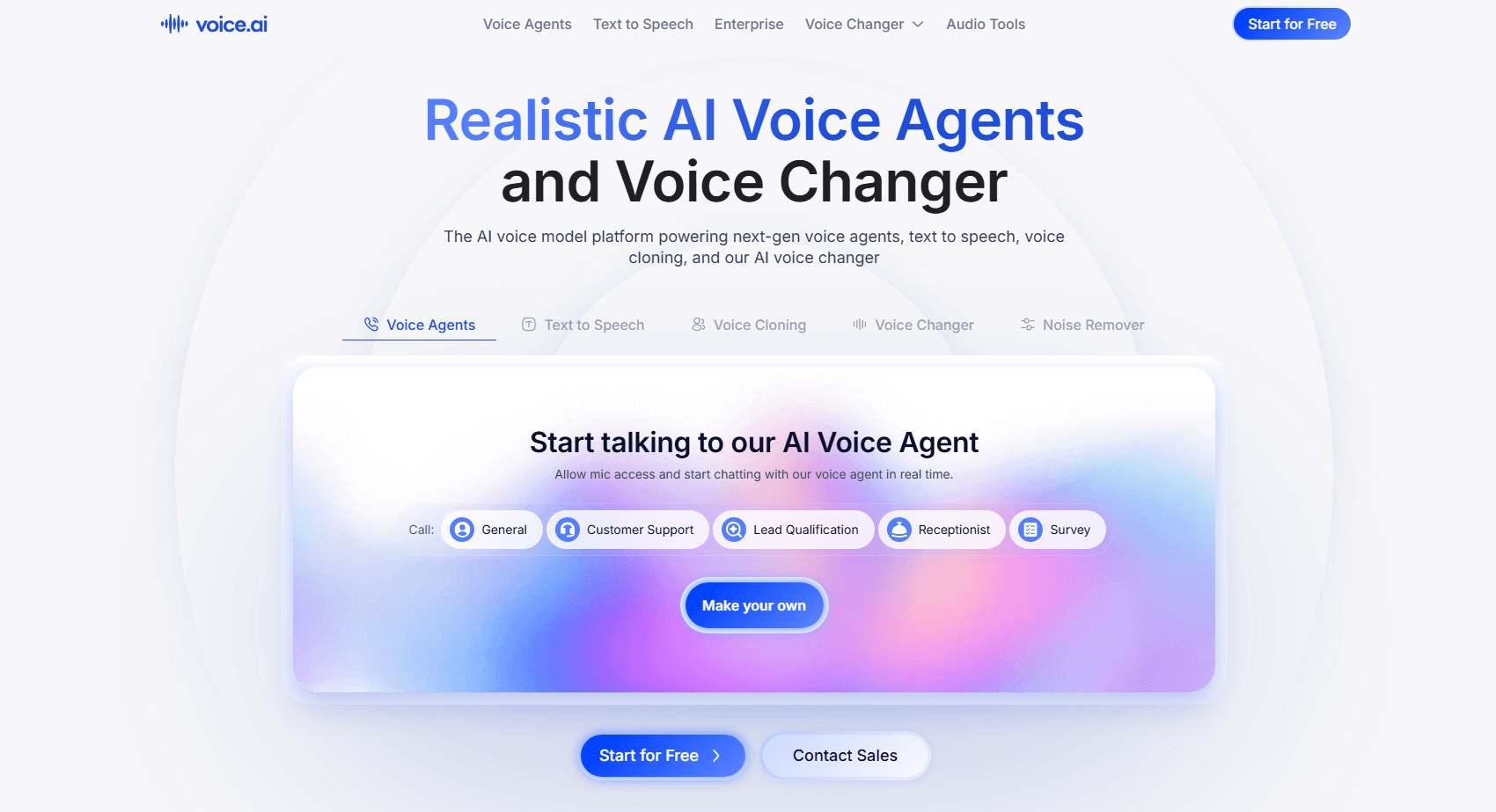
Voice.ai markets itself as free voice cloning software, advertising the ability to create custom voices that "sound exactly like you or anyone else."
Evidence: The platform's official website claims users can "simply upload high-quality audio samples, and our system will generate a personalized voice model."
The marketing of "free" voice cloning may attract users who don't fully understand the implications. The platform's promise to clone "anyone else's" voice raises ethical concerns about consent.
Users should carefully review terms of service and understand what audio data is retained by the platform.
5. Speechify
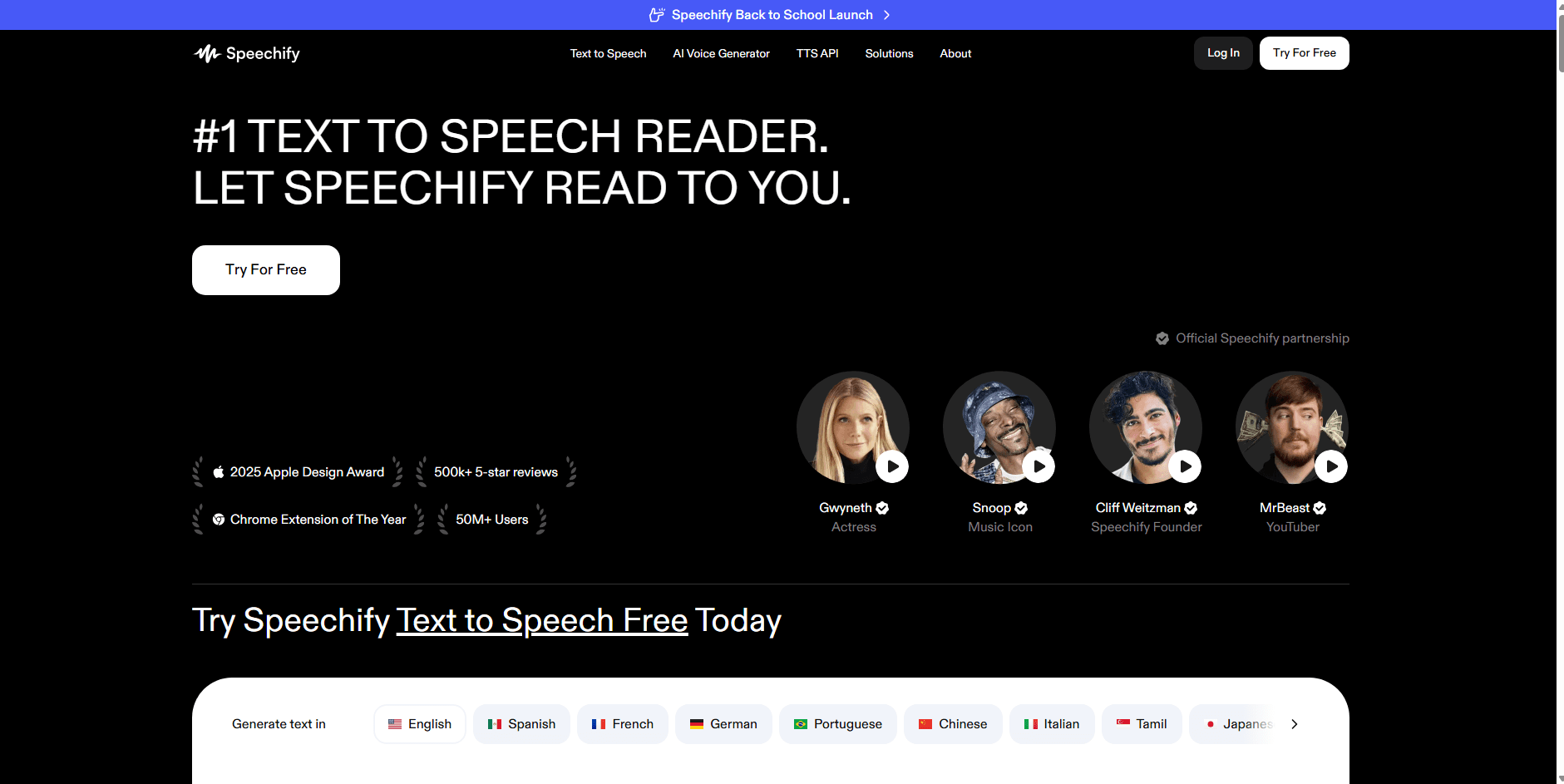
Speechify promotes rapid voice cloning capabilities, advertising "Free AI Voice Cloning In 30 Seconds! No Sign-up Required."
Evidence: The platform's marketing materials claim that "with Speechify Studio's cutting-edge AI-generated voice technology, the clone of your voice will be ready to use in seconds!" Users reportedly need only a 20-second voice recording to create a clone.
The extremely low barrier to entry (30 seconds, no sign-up) could make this platform particularly susceptible to misuse. The quick setup process may not provide adequate time for users to consider ethical implications.
Be cautious about providing voice samples to platforms with minimal verification processes.
If you enjoyed this guide, follow us for more.
6. AI Voice Cloning (Google Play)
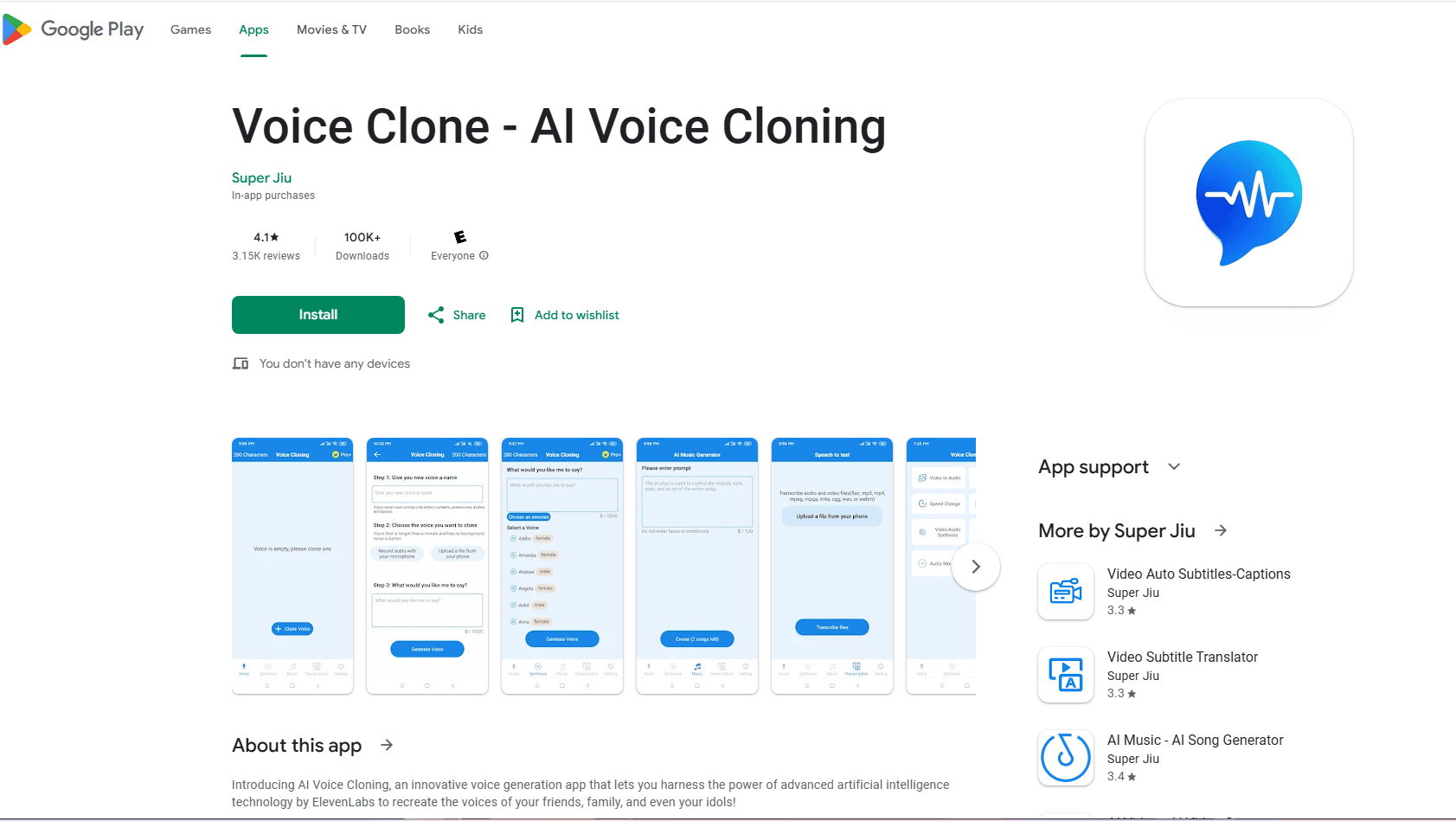
This mobile application specifically targets Android users, offering voice cloning capabilities powered by ElevenLabs technology.
Evidence: The Google Play Store listing describes it as "an innovative voice generation app that lets you harness the power of advanced artificial intelligence technology by ElevenLabs to recreate the voices of your friends, family, and even your idols!" The app emphasizes that "All you need to do is provide a sample of the desired sound."
Mobile accessibility makes voice cloning more convenient and potentially more likely to be used impulsively. The marketing language specifically encouraging cloning of "friends, family, and even your idols" suggests inadequate consideration of consent issues.
Avoid downloading apps that explicitly encourage cloning others' voices without consent.
7. Clony AI (iOS)
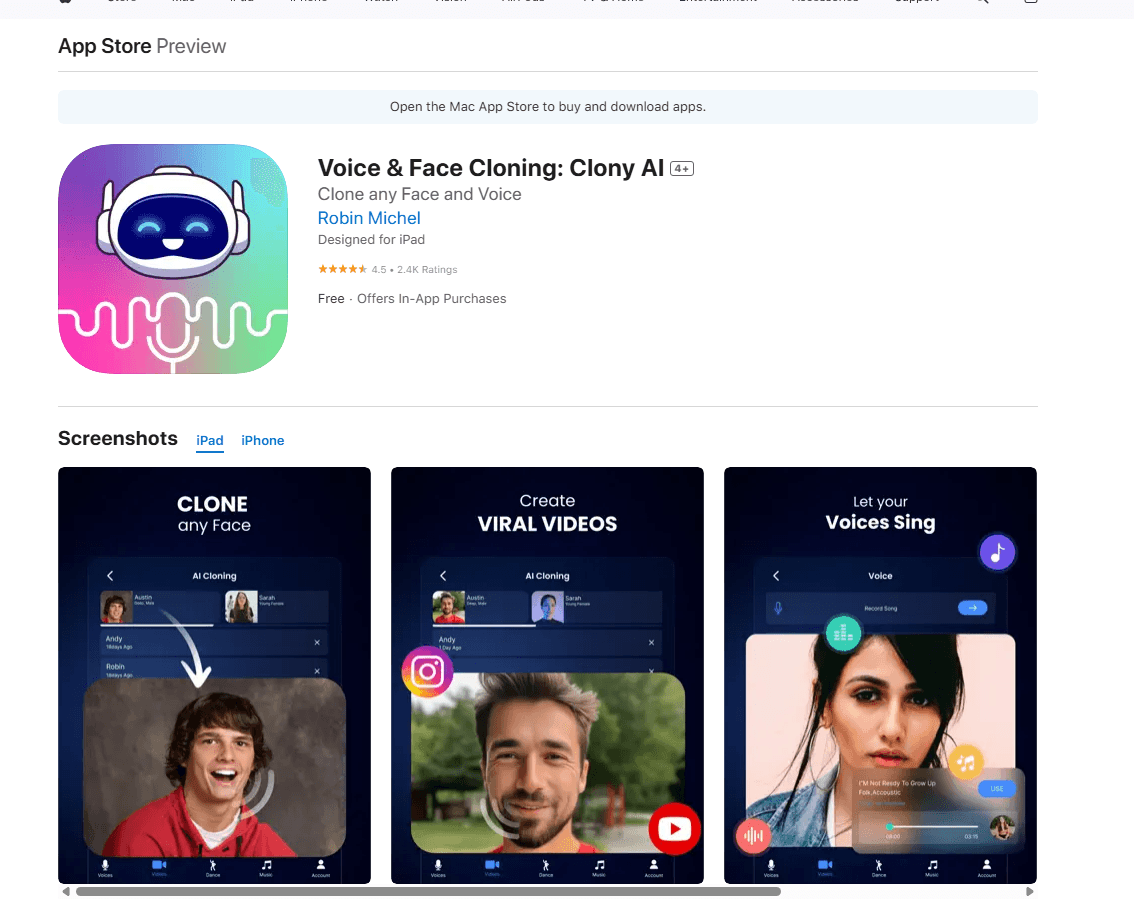
Available on the Apple App Store, Clony AI combines voice and face cloning capabilities in a single mobile application.
Evidence: App Store reviews show users employing it for emotional purposes, with one reviewer stating: "I got to hear my friend's voice with the very little audio I do have of him... He passed to suicide at the young age of 15, so it strangely helps to hear his voice." The app includes "Speech-to-Speech" functionality.
The combination of voice and face cloning in a mobile app significantly increases deepfake capabilities. Emotional use cases may blur ethical boundaries around consent from deceased individuals.
Consider the psychological and ethical implications before using voice cloning technology to recreate deceased individuals' voices.
8. Murf
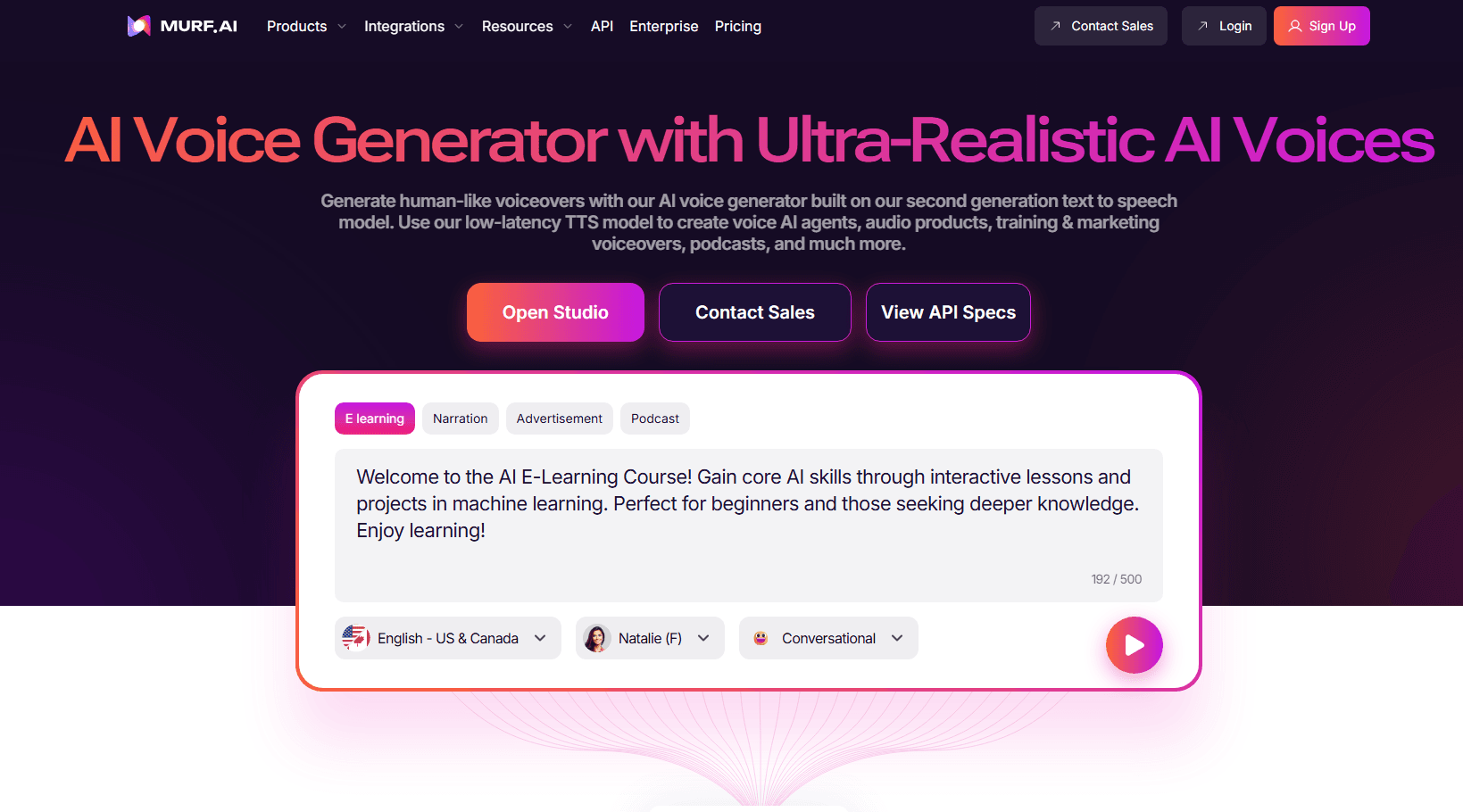
Murf advertises voice cloning capabilities but reportedly restricts access through sales consultations rather than direct sign-up.
Evidence: Research indicates that Murf advertises free voice cloning, "but the feature is hidden behind a 'Talk to Sales' button after you sign up." This suggests a more controlled approach to voice cloning access.
Sales-gated access may provide better screening of users but could also indicate targeting of commercial clients with potentially broader use cases.
Organizations approached by Murf sales teams should carefully evaluate intended use cases and establish appropriate governance policies.
9. VEED
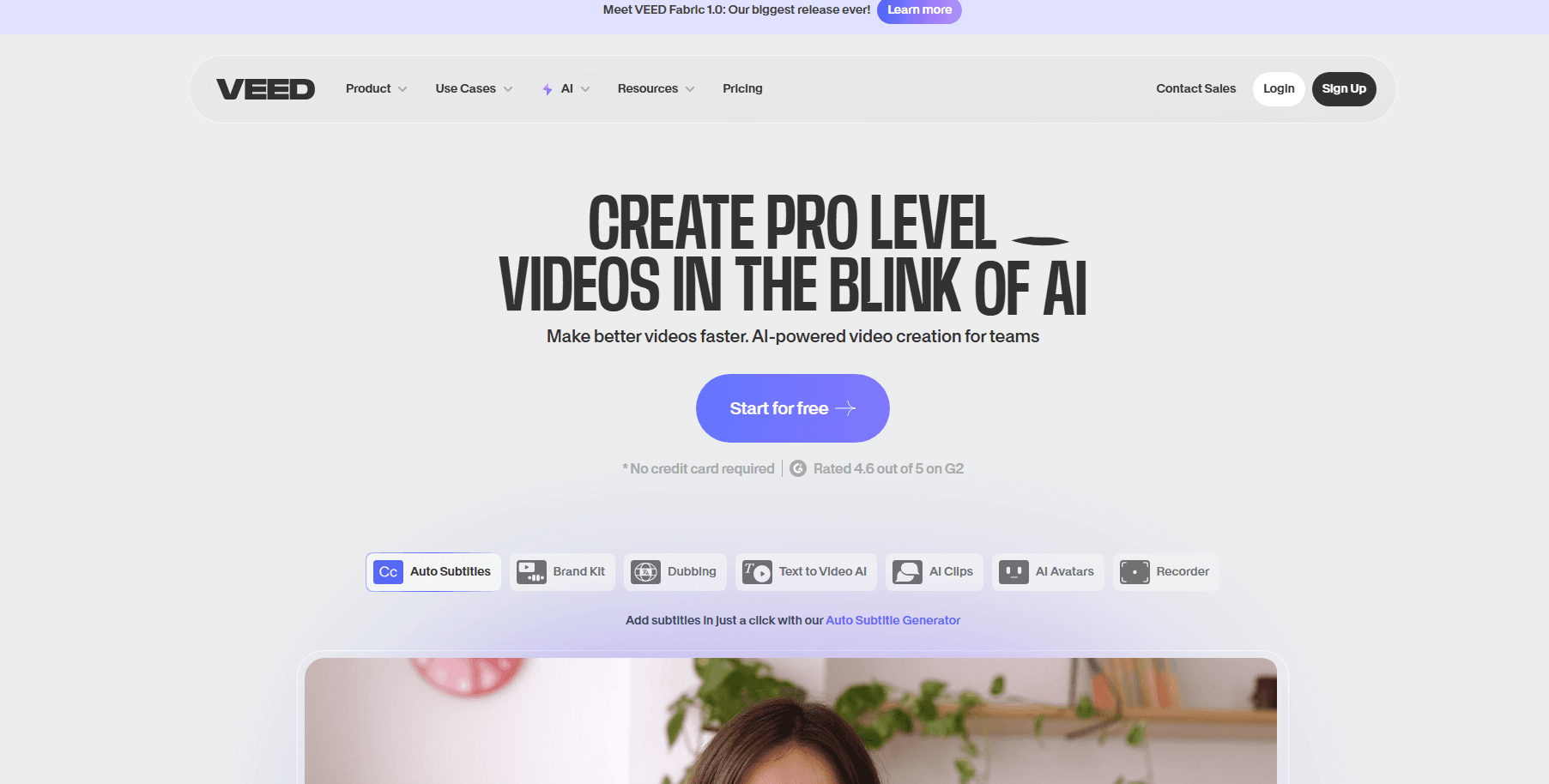
VEED integrates voice cloning into its broader video editing platform, making it part of standard content creation workflows.
Evidence: VEED appeared in testing comparisons of free voice cloning tools. The platform positions voice cloning as a standard feature rather than a specialty service.
Integration into mainstream video editing normalizes voice cloning technology and may lead to increased casual use without full consideration of implications.
10. Respeecher
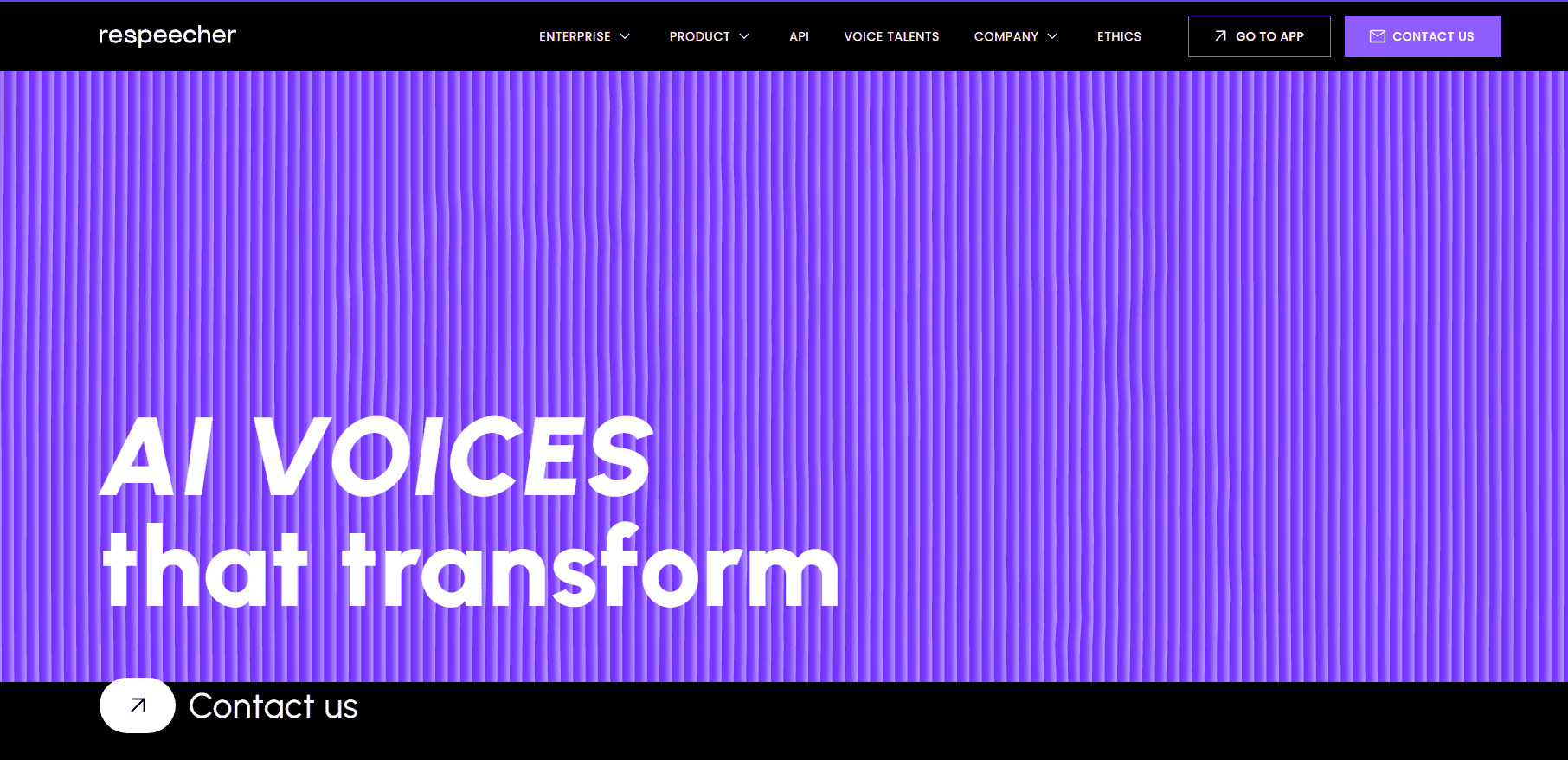
Respeecher targets professional markets, particularly in entertainment and media production.
Evidence: Respeecher's technology was used to synthesize a young Luke Skywalker's voice in The Mandalorian, as documented in the company's case study.
Professional-grade tools may produce more convincing clones and could be used for large-scale content production. Industry adoption may establish precedents for synthetic voice use.
Media professionals should establish industry standards for disclosure and consent when using professional voice cloning tools.
11. Conclusion

The research reveals a landscape where voice cloning technology has rapidly democratized, moving from research labs to consumer applications. With platforms requiring as little as 20-30 seconds of audio and some offering "no sign-up" access, the barriers to creating voice clones have virtually disappeared.
Security experts warn this accessibility creates new attack vectors, with documented cases of multi-million dollar fraud using cloned voices. The Federal Trade Commission has expressed concerns about voice cloning technology, and studies show that one in four people has experienced or knows someone who has experienced a voice cloning attack.
As these tools continue to evolve, users must balance the legitimate benefits of voice cloning technology against the privacy and security risks it presents. The key is understanding which platforms have access to your voice data and implementing appropriate safeguards to protect against misuse.
If you enjoyed this guide, follow us for more.




